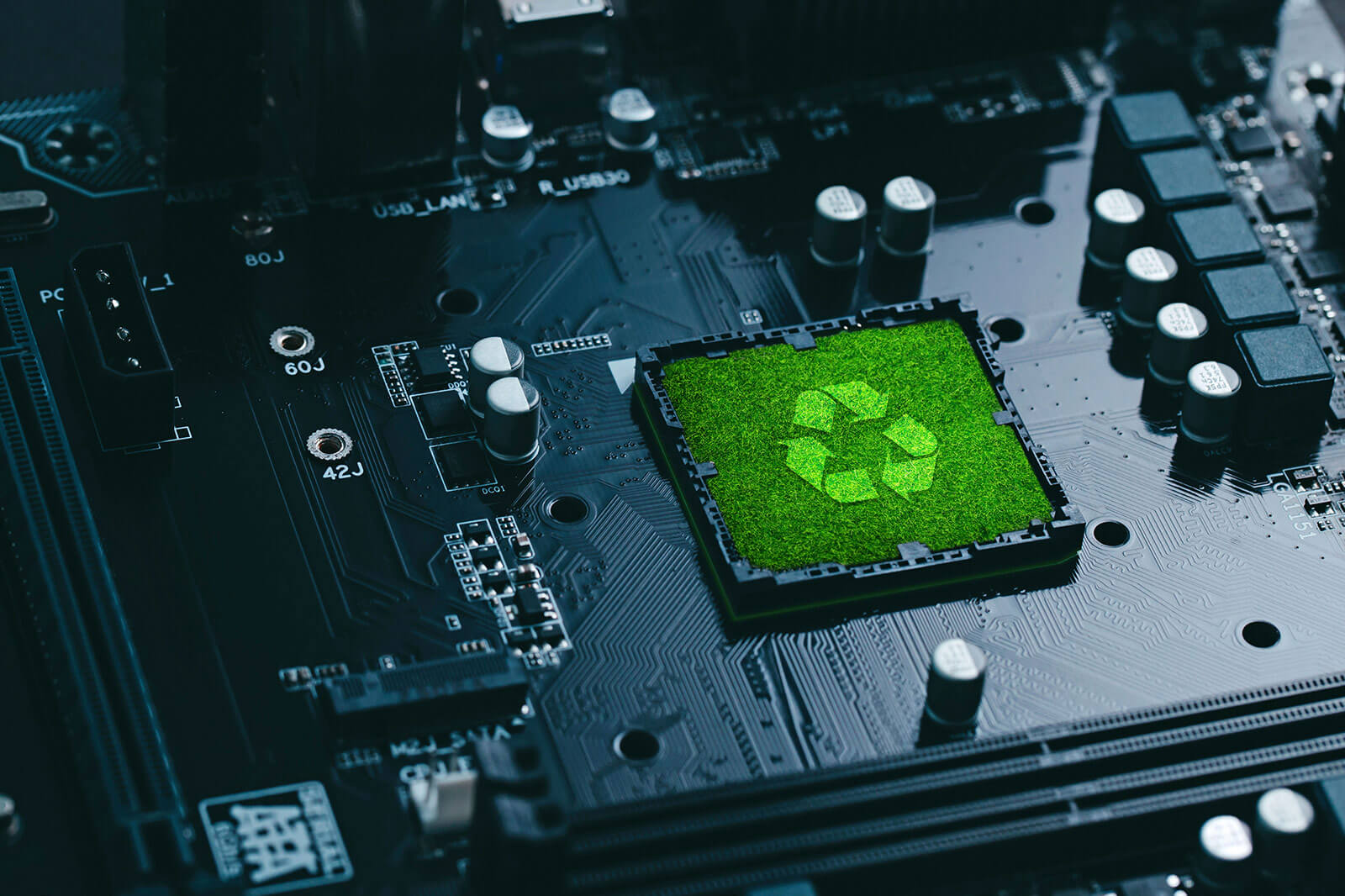On June 5, as every year, World Environment Day was celebrated around the world. A date to which the Healthcare Technology and electrical hospital engineering sector is also very committed, and which in recent times has been reinforcing its commitment to the Sustainable Development Goals (SDGs) by increasing its responsible initiatives with society and the planet.
This was made clear at ‘The contribution of the Healthcare Technology Sector and its stakeholders to the Sustainable Development Goals’, a conference organized by the Corporate Social Responsibility (CSR) Committee of the Spanish Federation of Healthcare Technology Companies, Fenin.
This meeting served as a review of the industry’s commitment to the SDGs on which it is focused, especially those on health and wellbeing (SDG 3), the environment (SDGs 12 and 13) and partnerships to achieve the goals (SDG 17), as well as SDG 9 (Industry, Innovation and Infrastructure), which cuts across all the sector’s activities.
We are talking about providing a better life for people, something that is in the DNA of this sector, and an objective that it fulfills by providing the National Health System with more than 500,000 references for the treatment of diseases.
The Sector’s commitment to the health and welfare of the population
Among the initiatives collected, we came across technological solutions both for the improvement and control of the health of the population and for the care of health infrastructures.
The commitment to the environment also translates into excellent figures: since the signing of an agreement between Fenin and Recyclia in 2005, close to one million pieces of waste electrical and electronic equipment (WEEE) have been managed, which means more than 10 million kilos of waste, with a clear evolution of growth.
In addition, more than 750 requests for waste collection from more than 80 companies of the sector are managed annually through this collaboration. For example, Fenin promotes actions to reduce the carbon footprint and informs about the obligations of the sector with the correct management of waste electrical and electronic equipment.
Also highlighted were projects of companies in the Healthcare Technology Sector to reduce the carbon footprint, reduce electricity consumption and control energy expenditure, etc.
Other projects in which the Healthcare Technology Sector and healthcare institutions join forces around CSR are related to the humanization of hospital spaces.
With their technological solutions, companies in the sector help hospitals to reduce their workflows, thereby reducing energy consumption.

The importance of healthcare technology in hospitals
As we can see, healthcare technology continues to play a key role in the advancement of modern healthcare, and this is inexorably moving towards sustainability.
From high-precision diagnostic equipment to hospital information systems, technology has significantly improved the efficiency, accuracy and safety of healthcare, which translates into lower energy costs, better medical infrastructure and equipment, etc.
This healthcare technology plays a crucial role for both health and environmental well-being for a number of reasons, including:
- Accurate and earlier diagnosis and more effective treatments: State-of-the-art diagnostic equipment, such as computed tomography or magnetic resonance imaging, allows for the detection of diseases at early stages, aiding in the decision making of physicians to make informed decisions on treatment. This has revolutionized the effectiveness of treatments, along with robotic-assisted surgical devices.
- Improved efficiency and productivity: Healthcare technology simplifies and automates many hospital processes, enabling greater efficiency and productivity. Hospital information systems, for example, facilitate electronic recording of patient data and full control of the status of the hospital’s electrical system.

How to improve hospital healthcare technology
While healthcare technology is advancing by leaps and bounds, there are still opportunities for further progress in hospitals. Here are some key areas that can benefit from technological improvements:
- Systems integration: Systems interoperability is critical to ensure seamless and secure data communication between different devices and departments.
- Cyber security and data analytics: Hospitals must implement robust security measures to protect patient data and ensure system integrity. Thus, the application of advanced data analytics techniques can help identify patterns, predict trends and improve clinical decision making.
- Telemedicine: The COVID-19 pandemic has highlighted the importance of telemedicine. Its implementation enables remote medical care, facilitating access to healthcare for those who live in remote areas or have difficulty traveling.

The role of electrical hospital engineering
Alongside these improvements, it is also worth highlighting the boost given to hospital electrical engineering, which plays a vital role in the design, implementation and maintenance of electrical infrastructure in hospitals.
It is the discipline that ensures, for example, that hospitals have a continuous and reliable electrical supply to maintain critical medical equipment, lighting systems and air conditioning systems in operation, and that these meet safety and reliability standards.
Hospitals, complex systems, also have to be renovated to have the best electrical distribution systems. It is no coincidence that healthcare centers have multiple areas that require different levels of energy and connected devices.
It is a matter of betting on better energy efficiency, so important at an economic level nowadays, based on greater electrical safety, which is a determining factor as hospitals are sensitive environments due to the vulnerability of healthcare personnel and patients. For this reason, hospital electrical engineering guarantees electrical safety through the implementation of adequate grounding systems, surge protection, alarm systems, etc.
“In short, healthcare technology and hospital electrical engineering play a key role in improving medical care, patients’ quality of life and healthcare sustainability.“




